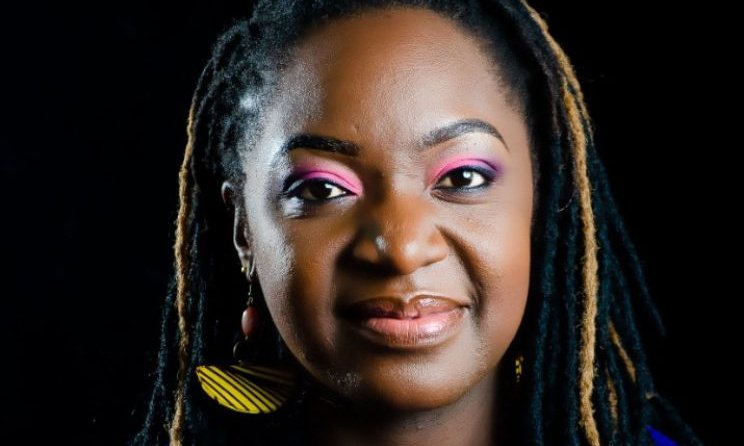- Entertainment
- No Comment
INTERVIEW: Jacaranda Music Fest starts with industry talks

My Music Africa
The 2023 Stanbic Jacaranda Music Festival (SJMF) promises to be an exciting event with a mixture of live performances and a conference in Harare, Zimbabwe, from 4 to 8 October. Founded by music industry professional Walter Wanyanya, the festival has played an important role in shaping the local music industry for the past six years. In Zimbabwe, there is a lack of music business knowledge among artists and SJMF aims to ameliorate the situation by holding informative sessions.
The festival will kick off with a conference at The Venue in Avondale, Harare, on 4 and 5 October, where panellists will discuss different areas of the music industry, including emerging talent, female artists and revenue streams, among others. The conference will feature a number of speakers including music legend Yvonne Chaka Chaka (South Africa), cultural creative and administrator Ignacio Priego (Spain), Joy of Jazz festival producer Mantwa Chinoamadi (South Africa), National Arts Council of Zimbabwe director Nicholas Moyo (Zimbabwe), the US Embassy’s Rebecca Archer (US) and ZiFM Stereo’s Samantha Musa (Zimbabwe).
The music performances will start on 6 October at the Old Hararians Sports Club. Notable artists on the line-up include South Africans Sun-El Musician, Ladysmith Black Mambazo, Black Motion, Judith Sephuma and Ami Faku, Zimbabwean acts ExQ, Tamy Moyo and Selmor Mtukudzi, and American jazz saxophonist Brent Birckhead.
We spoke to SJMF manager Tariro Chaniwa to learn more about the upcoming festival.
MUSIC IN AFRICA: How will SJMF 2023 differ from previous editions?
TARIRO CHANIWA: Each SJMF experience is always different. The unique choice of artists each year gives the festival a unique touch but the vibe is always on point.
What factors do you consider when selecting these artists?
We look at the genre and target audience. We consider the preference and demographics of the target audience to ensure selected artists align with their interests. We look at the fan base of the artist and their live performance reputation. We look for reviews, videos and feedback from previous events that they have performed at to gauge their stage presence, energy and ability to engage the audience. We check their availability to perform at the festival. The budget has a huge bearing on the kind of artists we can afford. We also try to diversify and balance the line-up with artists at different career stages. While headliners and established acts draw attention, including emerging artists can provide a platform for new talent and create a sense of discovery for the attendees.
Organising an event like Jacaranda Music Festival in an economy like Zimbabwe’s must be tough. Where do you get the motivation and support to keep running the festival?
Our visionary, Walter Wanyanya, has a genuine heart for the growth and development of the creative sector in Zimbabwe. Having walked the journey himself and managed some of Zimbabwe’s top acts, it motivated him to partner with like-minded people and sponsors to ensure that this vision happens to the required standard.
The festival also hosts panel discussions, workshops and networking sessions. How are these activities shaping Zimbabwe’s creative industry?
We can tell there is a great appetite for artists to learn and improve their craft. When we sent out the call for the conference this year, the uptake was resounding. The creatives are definitely seeing the value of these platforms for skills development, industry trends and insights, collaboration and networking, mentorship and guidance, and exposure and visibility.
Are there any plans to move the festival to a different city on a rotational basis?
SJMF showcases the rich cultural diversity of a country and even the region. It has great tourism and economic impact, as it shines a spotlight on the city of Harare. SJMF is strong at community engagement. Local artists, vendors, volunteers all take part in the festival, fostering a sense of community pride and involvement. At the moment, we are centering on Harare and promoting it as a tourist destination. Above all, it brings people together from diverse backgrounds, fostering a sense of unity and shared experience.
